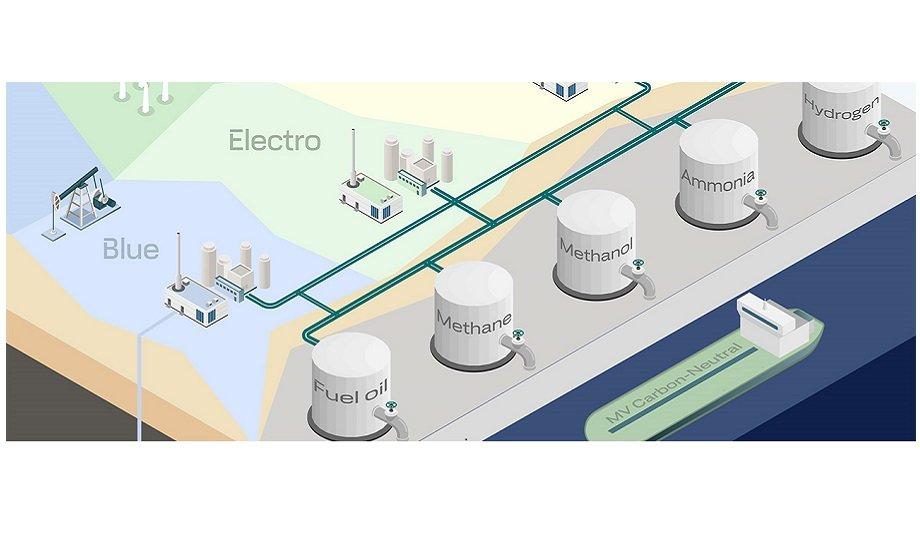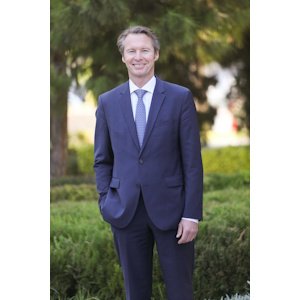DNV hosts the Nordic Roadmap project’s inaugural conference at Høvik with speakers from across the maritime value chain providing insights on the topic of future fuels for shipping. The conference put the spotlight on the project’s latest research, with a sharp focus on concrete initiatives that will drive the decarbonisation of shipping.
Funded by the Nordic Council of Ministers and with strong regional support from all the Nordic countries, the Nordic Roadmap project is focused on establishing a Nordic Cooperation platform to facilitate knowledge sharing, pilot projects, studies to build experience in new fuels, establish “green shipping corridors” and the enabling infrastructure.
Maritime decarbonisation
Opening the event, DNV Maritime CEO Knut Ørbeck-Nilssen stressed that the success of maritime decarbonisation hinges on close collaboration, trust, and continuous learning, “No one player or industry can approach decarbonisation in isolation nor is it a transition that can be done at the same time across the globe. We have to start somewhere.”
“In the Nordics, we have a tremendous opportunity to drive progress and set an example others can follow, with learnings that can be duplicated beyond our borders. As wealthy countries, we have the resources and must exercise that responsibility.”
Green policies and energy transition
We will stimulate collaboration and innovation to create solutions that will drive the energy transition forward"
In his address, Sveinung Oftedal, Specialist Director, of the Norwegian Ministry of Climate and Environment, highlighted the positive impact the project can have beyond the region, “With its strong traditions for cooperation, stable green policies and innovative maritime cluster the Nordics is ideally placed to lead the way in the decarbonisation of shipping."
"Through the Nordic Roadmap project financed by the Nordic Council of Ministers, we will stimulate collaboration and innovation within the Nordic maritime industry to create solutions that will drive the energy transition forward.”
Ammonia-powered ships and bunker terminals
Karl Arthur Bræin, Chief Commercial Officer at Amon Maritime offered insight into the company’s work with leading technology, commercial, and financial partners, to realise the first ammonia-powered ships and ammonia bunker terminals, “We believe in building demand for ammonia early by showing producers that a maritime off-take exists."
"We hope this encourages the supply side to accelerate global production of green or blue sustainable ammonia. To give the various stakeholders confidence that they are making the right business decision we need predictable government policies. Contracts for Difference is an important tool to create price parity with traditional fuels, mitigate uncertainty, and establish a market for ammonia as a maritime fuel.”
Scalable solutions
Björn Garberg, National Coordinator for Domestic and Short Sea Shipping, Trafikverket delivered insights from a market study on Green Shipping Corridors and underlined the important role governments can have in facilitating industry partnerships, “Dialogue with the industry is key to driving progress and building scalable solutions."
"No one wants to or should have to take on the whole financial risk that the energy transition brings. Sharing the risk is the only way to success and at Trafikverket we are ready to play our part in helping industry stakeholders come together and form partnerships.”












